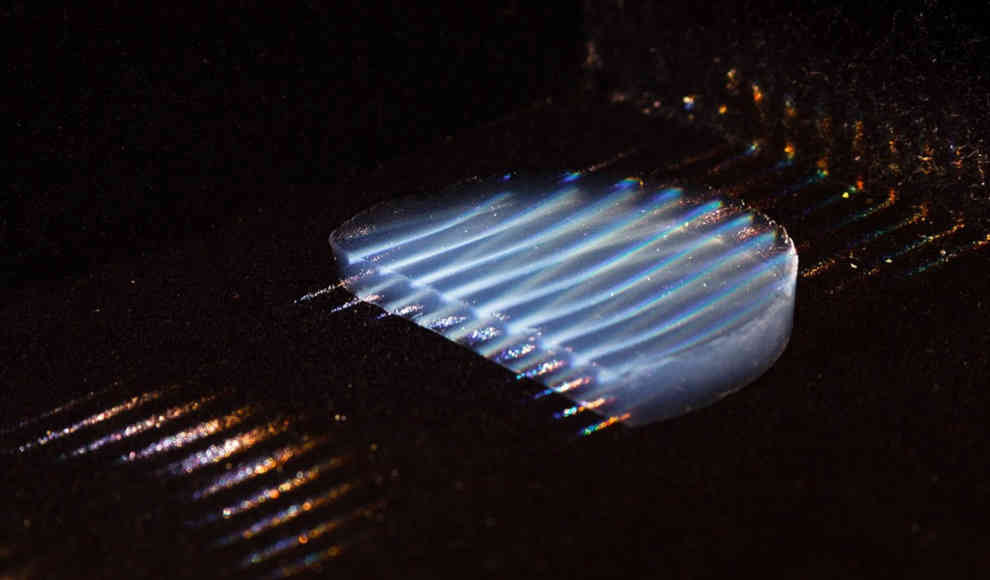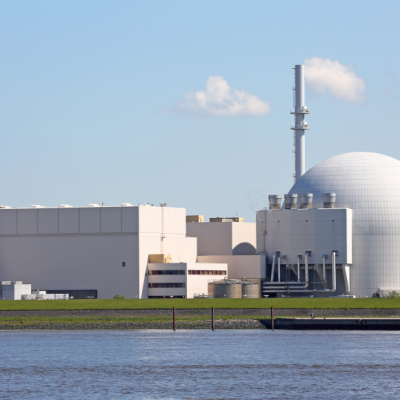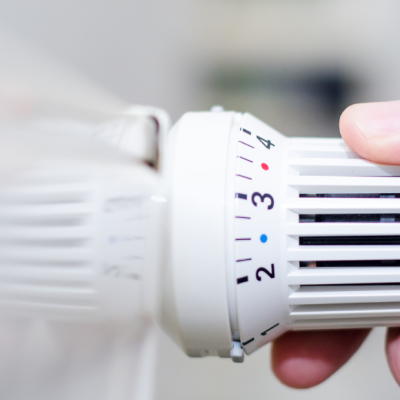A new breakthrough in solar technology has been made by scientists at the Massachusetts Institute of Technology (MIT). They have developed a new material that can generate temperatures of up to 264 degrees Celsius using sunlight alone. This is a significant improvement on existing solar technology, which can only reach temperatures of around 150 degrees Celsius. The new material is an aerogel, which is made up of a silicate structure with pores filled with air. It has a low thermal conductivity due to its composition of 90% air, making it an excellent insulator.
The aerogel-based system is a significant improvement on existing solar technology, which requires complex and expensive systems to concentrate sunlight using mirrors. The new material requires no additional optical or mechanical components, making it simpler and cheaper to produce. The aerogel can be used in a range of applications, including heating water, generating steam, sterilization, and other tasks. The material is also abundant in nature, with its main component being silicate, which is found in salts and esters of ortho-silicic acid.
The new technology has been tested in winter conditions, where the temperature was around freezing point. The results were impressive, with the new aerogel-based system heating the carrier fluid to over 220 degrees Celsius. This is a significant improvement on existing solar technology, which can only reach such temperatures using concentrating systems. The new technology is also more economically viable than existing solar technology, with the aerogel-based system being more cost-effective in some areas.
In conclusion, the new aerogel-based solar technology is a significant breakthrough in the field of renewable energy. It has the potential to replace existing solar technology in all areas of application, from heating water to generating steam. The material is abundant in nature, making it a sustainable and cost-effective solution for the future.










